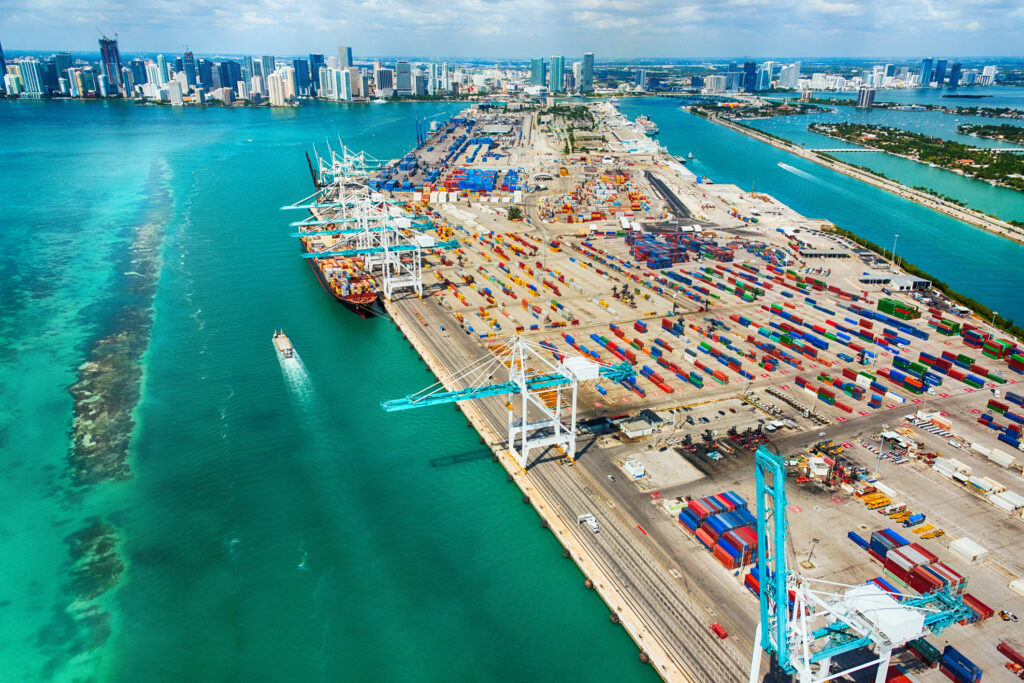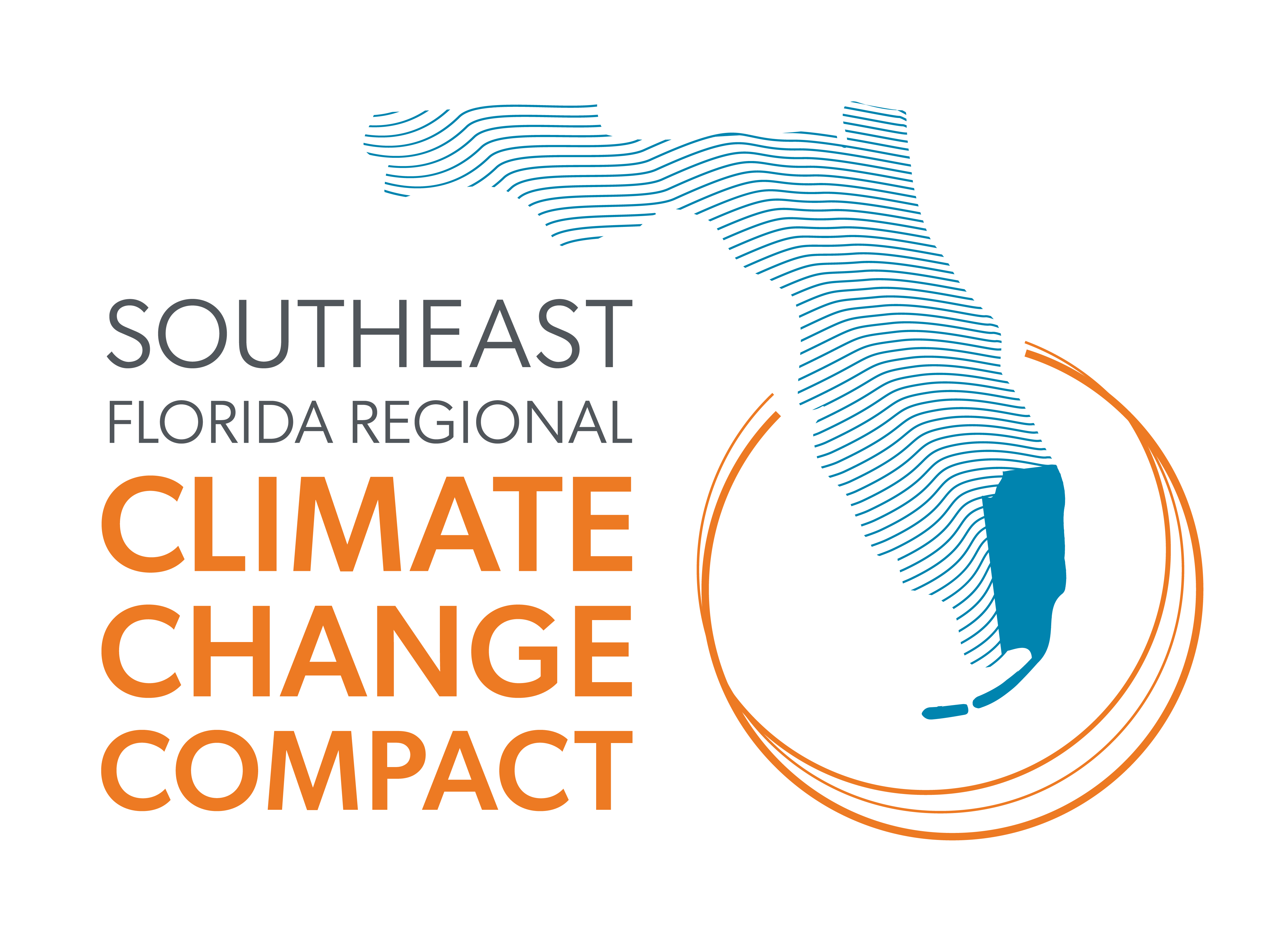
News
Port Everglades and PortMiami receive a combined $78 million to support decarbonization initiatives
January 27, 2025

Broward and Miami-Dade counties continue critical momentum to advance port decarbonization and improve the efficiency of operations, securing more than $78 million in U.S. Department of Transportation (USDOT) grants in recent months. Port Everglades Regional Port Operations with Emissions Reductions Project was granted over $53 million through the USDOT’s Port Infrastructure Development program, a discretionary award, which received $450 million in appropriations from the Bipartisan Infrastructure Law in FY2024. The grant will support a Port and Maritime Electrification Plan; electrical system upgrades and associated civil works required for charging stations; the purchase of various types of lower-emission, hybrid, and electric equipment; and a workforce development program.
Miami-Dade County received more than $25 million for the PortMiami Electrification Project from USDOT’s competitive Infrastructure for Rebuilding America (INFRA) program, also funded through the Bipartisan Infrastructure Law. This funding will further augment PortMiami’s $4.2 Billion Capital Improvement Program (CIP) over the next five years, all centered around Net Zero efforts.
Through this INFRA grant, PortMiami will acquire electric and hybrid cargo handling equipment at PortMiami, including 50 electric terminal tractors, 76 hybrid trucks, 42 dual charging stations, and the infrastructure to connect and charge the equipment for 2 cargo terminals. The project will also replace 432 existing diesel-powered reefer generators, creating 820 all-electric reefer outlets.
PortMiami has been working to lower emissions for many years through multiple initiatives including the use of building management systems, which monitor the use of electricity in its cruise terminals; investments with partners in electric cranes, rubber-tired gantry cranes, gates, and yard equipment; and on-dock intermodal rail service. The seaport has a visionary and transformative program to develop the nation’s first end-to-end net zero carbon emission supply chain, in line with Miami-Dade County’s 2030 goal to reduce emissions by 50%. Future CIP projects include hybrid/electric tugboats, new super Post-Panamax electric gantry cranes, cargo yard modifications, railyard capacity upgrades, and other renewable energy sources.
